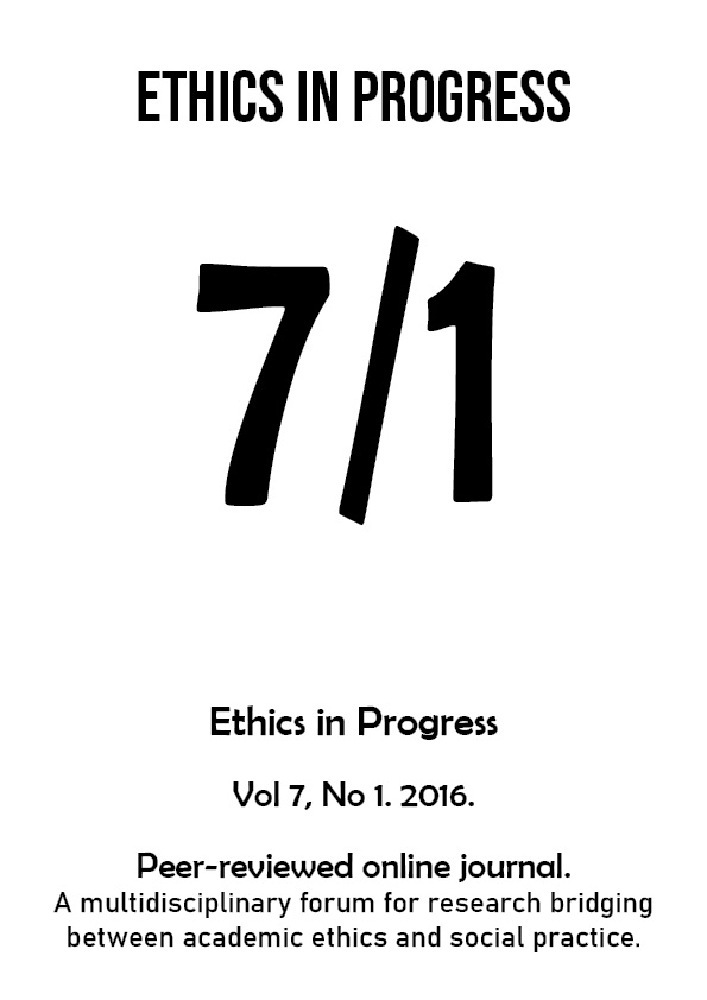Abstract
This paper focuses on analysis of relation between pedagogical and epistemological ideas of John Dewey. Our considerations are divided into four sections. (1) We reconstruct Dewey’s conception of culture as a body of normative and regulative common sense beliefs determining human conduct and language use. (2) Further, we compare common sense based inquiry and its scientific mode with regard to their respective conceptual frameworks in order to show that “theoretical-scientific” perspective provides more comprehensive insight into the relations constituting problem situations. (3) We identify informal education with socialization processes and argue that educational process relies on constant reflection on cultural habits. (4) We conclude that competences of using theoretical conceptual frameworks and conducting scientific inquiry play crucial role in Dewey’s educational ideology of progressivism since they provide basic tools for critical reconsideration and revision of common sense beliefs.
References
Dewey, J. 1910. How We Think. Boston – New York – Chicago, D.C.: Heath & Company.
Dewey, J. 1916. Democracy and Education. New York: The Macmillan Company.
Dewey, J. 1938. Logic. The Theory of Inquiry. New York: Henry Colt & Company.
Dewey, J. 1939. “Theory of Valuation.” International Encyclopedia of Unified Science, Vol. II, No. 4. Chicago: University of Chicago Press.
Fishman, S. M. & L. P. McCarthy. 1998. John Dewey and the Challenge of Classroom Practice. New York-London: Teachers College Press.
Hookway, Ch. 2002. Truth, Rationality, and Pragmatism. Oxford: Clarendon Press.
Johnston, J. S. 2009. Deweyan Inquiry. From Education Theory to Practice. New York: State University of New York Press.
Kohlberg, L. & R. Mayer. 1972. “Development As the Aim of Education.” Harvard Educational Review, Vol. 42(4): 449–496.
Malitowska, A. 2012. “How Philosophical Dialog with Children Improves the Moral Judgment and Discourse Competencies.” In E. Nowak, D. E. Schrader, & B. Zizek (eds.) Educating Competencies for Democracy (pp- 185–202). Bern – Bruxelles – New York – Berlin – Frankfurt am Main – Warsaw.
Peirce, Ch. S. 1878. “How to Make Our Ideas Clear.” Popular Science Monthly, Vol. 12: 286–302.
Peirce, Ch. S. 1998. “The Harvard Lectures on Pragmatism.” In The Essential Peirce. Selected Philosophical Writings, Vol. 2 (pp. 143–257). Bloomington: Indiana University Press.
Rorty, R. 1982. Consequences of Pragmatism. Minneapolis: University of Minnesota Press.
Ryle, G. 1949. The Concept of Mind. Chicago: University of Chicago Press.




